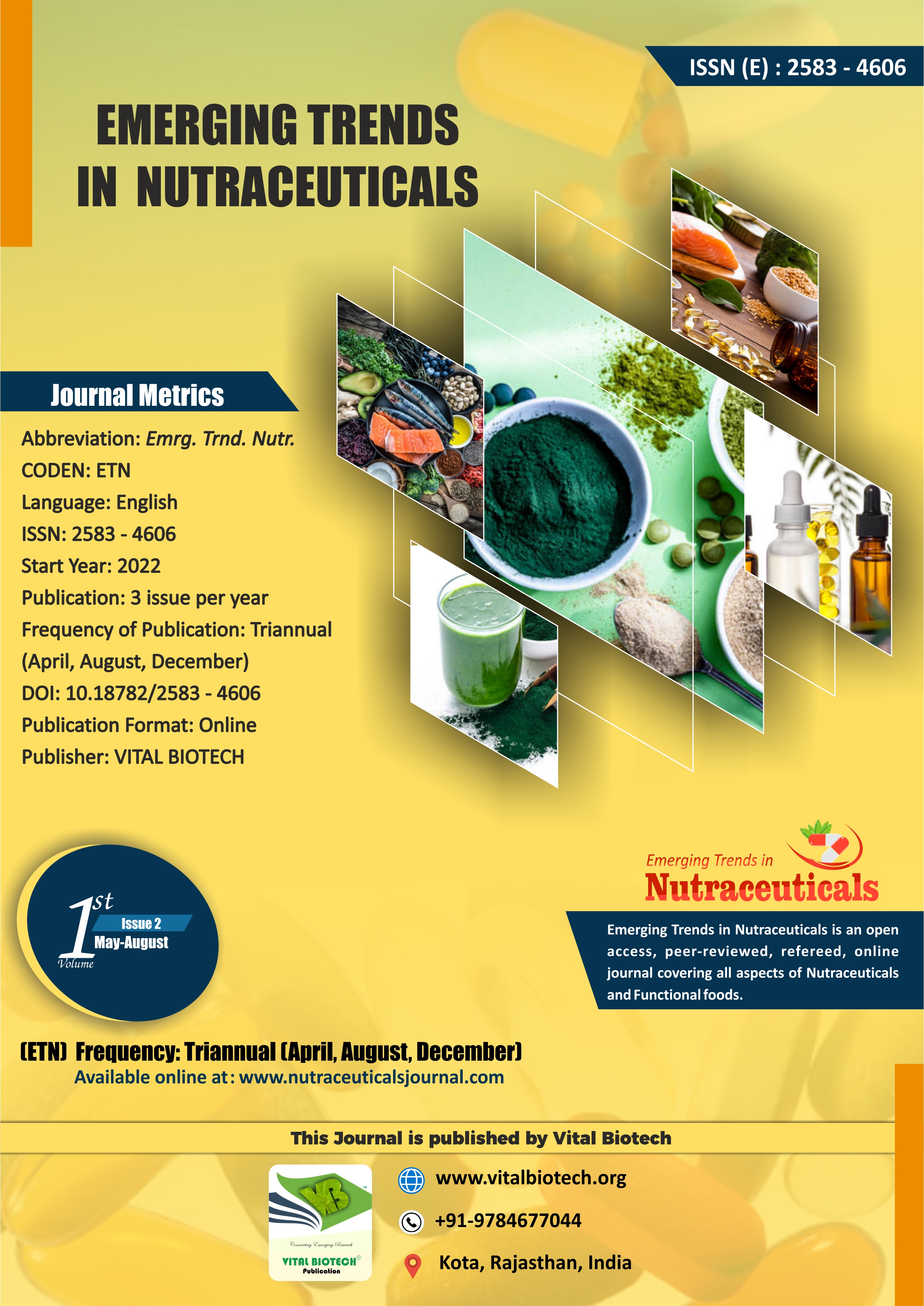
Archives
Emerging Trends in Nutraceuticals (ETN)
Year : 2022, Volume : 1, Issue : 2
First page : (42) Last page : (50)
Article doi: : http://dx.doi.org/10.18782/2583-4606.111
Artificial Intelligence: Use in Clinical and Genomic Diagnostics
S Rehan Ahmad* ![]()
Assistant Professor, Dept. of Zoology,
Hiralal Mazumdar Memorial College for Women, Dakshineswar, Kolkata, West Bengal
*Corresponding Author E-mail: zoologist.rehan@gmail.com
Received: 10.01.2022 | Revised: 24.02.2022 | Accepted: 8.03.2022
ABSTRACT
The development of computer systems that are capable of carrying out tasks that typically require human intelligence is known as artificial intelligence (AI). Recent and quickly rising interest in medical AI applications is a result of AI software and technology improvements, especially deep learning algorithms and the graphics processing units (GPUs) that enable their training. While other AI subtypes have started to show similar promise in different diagnostic modalities, AI-based computer vision methods are poised to change image-based diagnostics in clinical diagnostics. Large and complicated genomic datasets are processed using a particular form of AI algorithm known as deep learning in various fields, such as clinical genomics. In this review, we first provide an overview of the primary categories of issues that AI systems are best adapted to address, followed by a description of the clinical diagnostic tasks that are aided by these solutions. Then, we concentrate on recently developed techniques for certain clinical genomics applications, such as variant calling, genome annotation and variant categorization, and phenotype-to-genotype correlation. We conclude by talking about the future potential of AI in individualized medicine applications, particularly for risk prediction in common complex diseases, as well as the issues, constraints, and biases that must be carefully addressed for the successful deployment of AI in medical applications, particularly those using data from genomics and human genetics.
Keywords: Machine learning, genomics, artificial intelligence, healthcare, gene technology.
Full Text : PDF; Journal doi : http://dx.doi.org/10.18782
Cite this article: Ahmad, S Rehan (2022). Artificial Intelligence: Use in Clinical and Genomic Diagnostics, Emrg. Trnd. Nutr. 1(2), 42-50. doi: http://dx.doi.org/10.18782/2583-4606.111

